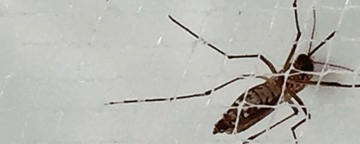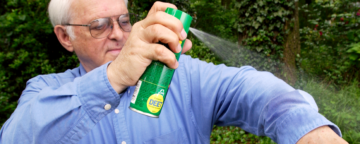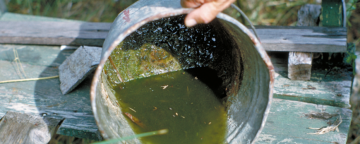The public’s ability to understand the dangers posed by Zika virus may be jeopardized by advocacy groups linking the virus with culturally charged issues such as illegal immigration and global warming, the authors of a new study warn.


The public’s ability to understand the dangers posed by Zika virus may be jeopardized by advocacy groups linking the virus with culturally charged issues such as illegal immigration and global warming, the authors of a new study warn.

Floridians see themselves at greater risk of being infected with Zika compared with other people nationally, and more Floridians than non-Florida residents have takening steps to protect themselves, an APPC survey finds.

Many Americans hold mistaken beliefs about Zika virus. To help provide the public with accurate information, the policy center has released a free "A Guide to Effective Zika Coverage" for writers, editors, reporters and broadcasters.

Although most Americans are familiar with news reports about Zika virus, more than three-quarters of them say they haven’t done anything in the last three months to protect themselves from getting infected, a new APPC survey found.

APPC director Kathleen Hall Jamieson addressed the annual meeting of the Midwestern Legislative Conference, in Milwaukee, on "Effective Communication in a Polarized Environment."

As some athletes say that they are pulling out of the summer Olympic Games in Brazil because of concerns about Zika virus, most Americans favor the idea that the Games should be cancelled, postponed or moved to another country.

In the survey of U.S. adults, 63% of respondents agree that the president should be able to use a public health emergency fund to respond to an epidemic without waiting for Congress.

Just 1 in 5 people say that they have taken steps in the past three months to protect themselves from getting Zika virus, according to a new survey from the Annenberg Public Policy Center.

A majority of people in the U.S. said that they would be likely to get a vaccine to protect them against Zika virus if it were available, according to the latest APPC survey, No vaccine exists yet.